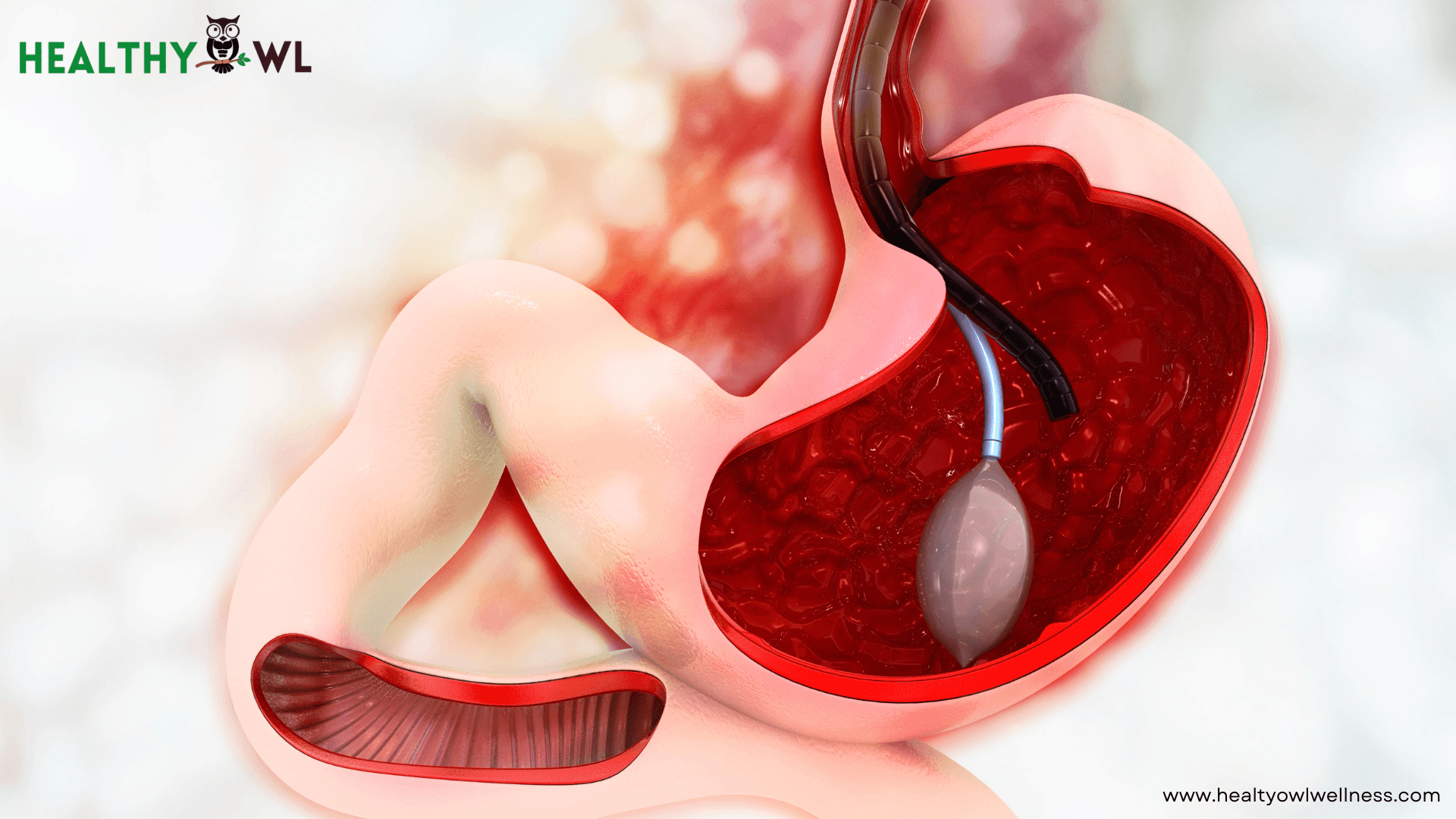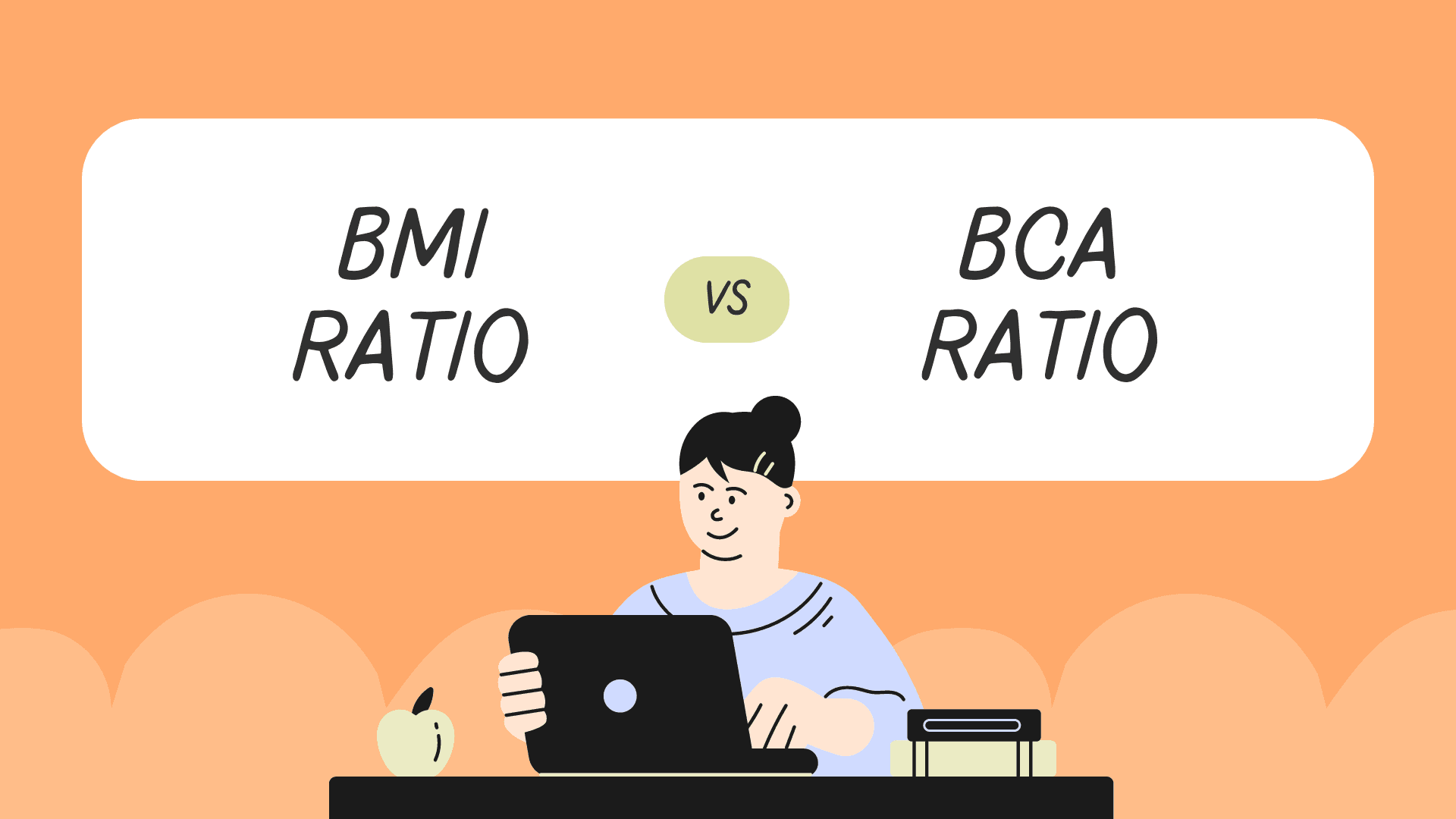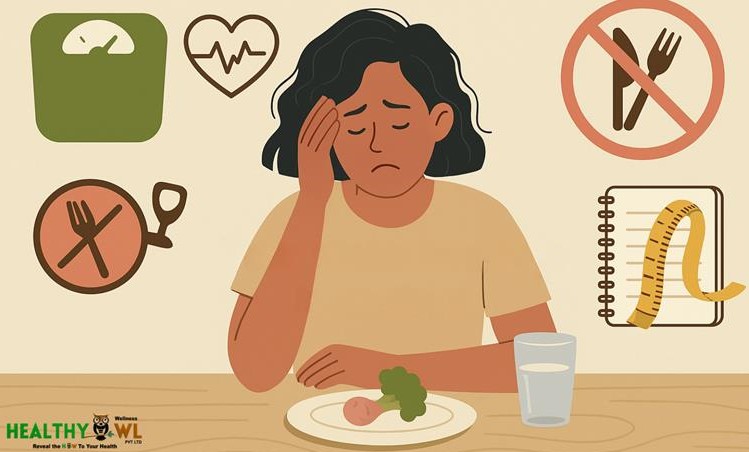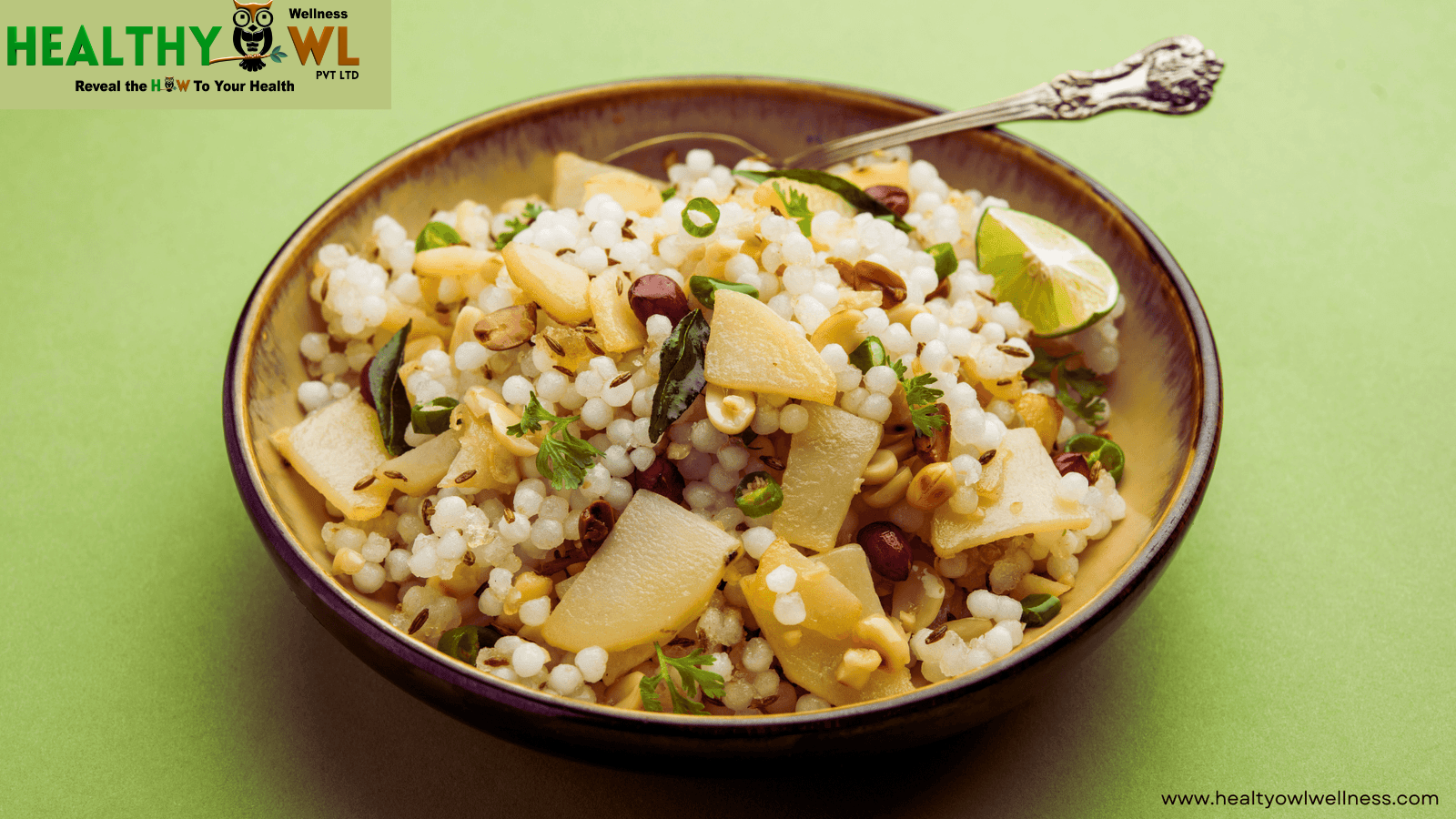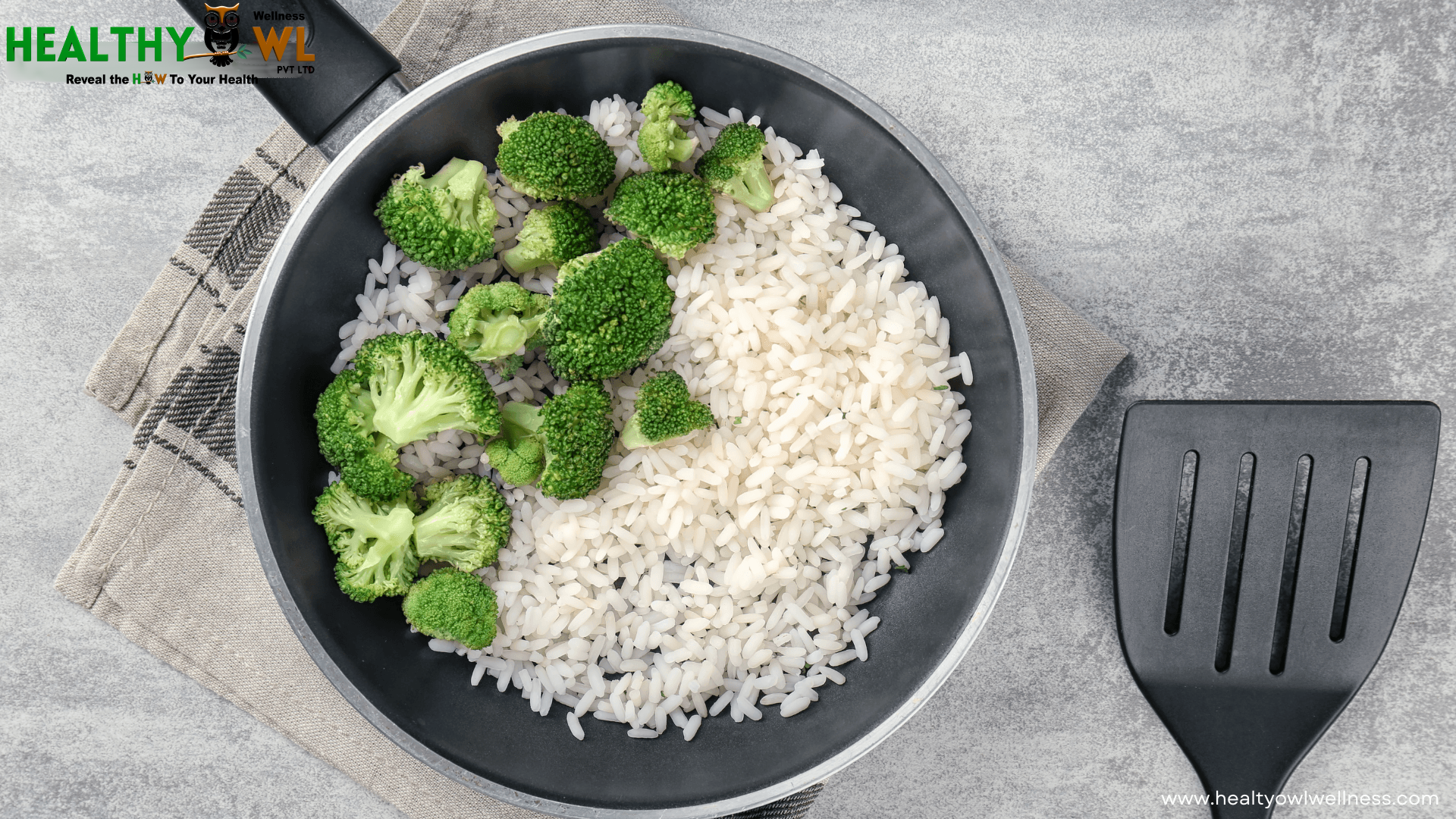You’ve just brought a beautiful new life into the world, and while your heart may be full, your body feels…different. For many new moms, the pressure to “bounce back” after childbirth is overwhelming, fueled by societal expectations and social media images of celebrity moms flaunting slim figures just weeks postpartum. But what’s the truth behind postpartum weight loss? Is it really as fast and straightforward as it appears in those glossy images?
Spoiler alert: It’s not. But that doesn’t mean it’s impossible. In fact, it’s a unique journey for every mother—one that’s deeply connected to your overall well-being, recovery, and self-care. Let’s unravel the reality of postpartum weight loss together.
Why Is Postpartum Weight Loss Challenging?
First, let’s bust a common myth: The weight gained during pregnancy isn’t just “fat.” A significant portion of that weight is made up of your growing baby, amniotic fluid, placenta, and an increase in blood volume. Once your baby is born, you do shed some of this weight quickly—approximately 10 to 15 pounds (4.5 to 7 kg) in the first few weeks. But the remaining weight is tied to the body’s natural processes of supporting breastfeeding, healing tissues, and hormonal shifts.
The postpartum body is in recovery mode. Pregnancy affects your muscles, metabolism, and overall energy levels, and expecting to snap back immediately after birth is unrealistic and, frankly, unhealthy. New mothers also face sleep deprivation, stress, and the demands of caring for a newborn—all of which can affect weight loss.
Mental Health Considerations
Postpartum weight loss isn’t just a physical journey—it’s also emotional. Societal pressure to return to a pre-pregnancy body can be overwhelming and may contribute to feelings of inadequacy, anxiety, or even postpartum depression. It’s important to recognize when these pressures are taking a toll on your mental health and seek support if needed. Talking to a therapist or counselor who specializes in postpartum care can help manage expectations and provide tools to navigate this phase with a healthy mindset.
Factors Affecting Postpartum Weight Loss
- Pre-Pregnancy Body Weight and BMI
Women with a higher pre-pregnancy BMI tend to experience slower postpartum weight loss. Those who gain more than the recommended amount during pregnancy may retain more weight postpartum. This is not a one-size-fits-all process—your body will respond differently based on where you started. - Hormones
Hormones are a major player in postpartum weight retention. After childbirth, estrogen levels drop sharply, which can lead to fluid retention and fat storage, especially around the belly. Prolactin, the hormone responsible for milk production, also influences your metabolism. - Breastfeeding
Many women are told that breastfeeding will help them lose weight, but this is only partly true. While breastfeeding burns extra calories (about 500 per day), it also stimulates hunger. Some moms find they lose weight more quickly, while others may hold onto weight as the body conserves energy for milk production. - Physical Activity
Movement is essential, but strenuous exercise isn’t always realistic, especially if you’ve had a C-section or experienced birth complications. Your body needs time to heal, and moderate physical activities like walking, stretching, or postpartum yoga are more sustainable and beneficial early on. Gradually, as you regain strength, you can introduce more intense workouts. - Diet and Nutrition
The postpartum period is not the time for crash diets. Your body requires proper nutrition to heal, regain energy, and support breastfeeding (if applicable). Focus on nutrient-dense foods like leafy greens, fatty fish, nuts, and seeds. These foods are rich in essential nutrients such as omega-3 fatty acids, fiber, and vitamins, which support recovery and provide nourishment for breastfeeding moms.
Postpartum Medical Checkups
Before starting any postpartum weight loss or exercise plan, it’s crucial to consult with your healthcare provider. This is particularly important if you’ve had a C-section, experienced birth complications, or have any other underlying health concerns. Your doctor can guide you on safe practices and help you determine when your body is ready to take on more physical activity.
Pelvic Floor Health
After pregnancy, your pelvic floor muscles can be weakened, and this can lead to issues such as urinary incontinence or lower back pain. Simple exercises like Kegels can help strengthen this area. However, if you experience significant pelvic floor dysfunction, it’s essential to consult a pelvic floor specialist for personalized treatment and guidance.
Setting Realistic Goals
Remember, your body has undergone a remarkable transformation. Setting realistic goals and accepting that your post-baby body may look different can help foster a positive body image. Postpartum weight loss is not just about numbers on a scale but also about how you feel—emotionally and physically. Give your body the grace it deserves as you transition into this new chapter.
How Long Does It Really Take?
Despite what you might see online, the timeline for postpartum weight loss varies for each woman. On average, most women retain about 5 to 10 pounds (2 to 4.5 kg) one year after childbirth, and some may retain more. Trying to force your body to lose weight too quickly can lead to exhaustion, burnout, or even postpartum health complications.
Many health experts suggest allowing your body at least nine months to a year to fully recover and return to your pre-pregnancy weight, if that’s your goal. This time frame gives your body the space to heal and adjust naturally.
Tips for a Healthy Postpartum Weight Loss Journey
- Be Kind to Yourself
Your body has accomplished something extraordinary—give it the time and grace it deserves. Avoid comparing yourself to others, especially influencers or celebrities who may have access to personal trainers and nutritionists. - Stay Hydrated
Water is essential for overall health, digestion, and metabolism. It’s also critical if you’re breastfeeding, as dehydration can impact milk supply. - Prioritize Sleep (As Much As Possible)
Lack of sleep has been shown to hinder weight loss by increasing hunger hormones and reducing energy levels. While it’s tough with a newborn, try to sleep when your baby sleeps, or ask for help when you need rest. - Incorporate Light Exercise
Start with gentle walks or postpartum yoga, and slowly build up your strength. Pelvic floor exercises can help rebuild core stability, which is important after pregnancy. - Seek Support
Whether it’s a postpartum fitness class, a supportive mom group, or professional advice from a nutritionist, don’t hesitate to ask for help. A community of support can make a huge difference in staying motivated and positive.
Conclusion
Postpartum weight loss is a process, not a sprint. It’s essential to prioritize healing, health, and well-being over rapid results. Your body has just gone through an incredible transformation—give it the patience and care it needs.
Remember, every mother’s postpartum journey is different, and there is no “right” way to approach it. The key is to stay kind to yourself, focus on sustainable habits, and trust the process.
At Healthy Owl Wellness, we believe in supporting new moms every step of the way. Whether you’re looking for personalized nutrition advice, postpartum fitness plans, or just a supportive community, we’re here to help. Visit us to start your wellness journey today!
Source Section
- MDPI, Weight Management during Pregnancy and Postpartum Period
- Frontiers in Public Health, Obesity and Weight Gain in Pregnancy and Postpartum
- Systematic Reviews Journal, Lifestyle Interventions for Maternal Weight Loss
Evidence Review of Postpartum Weight Retention





